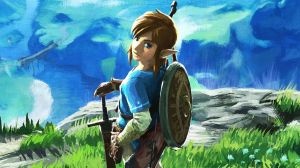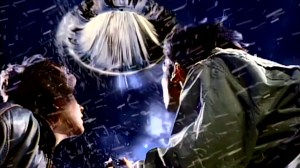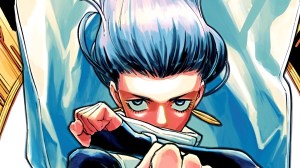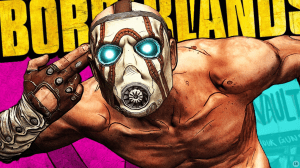There is something special about revisiting classic games. Whether it’s nostalgia, playing a game you missed out on, or experiencing a genre-defining game like Final Fantasy VII, old titles have a certain allure to them. Games that once dazzled fans with groundbreaking visuals, ambitious storytelling, or innovative mechanics felt incredible on release, but today may feel clunky and dated. Regardless, these games are still worth playing today despite the rough edges, if only to see how far the medium has come and how experiences still shine through their imperfections.
Videos by ComicBook.com
The beauty of revisiting older games lies in seeing the foundation of modern gaming design. Seeing developers experiment, innovate, and even sometimes failing spectacularly in the process is part of the charm. You can trace modern masterpieces back to these experiments, feel the DNA of entire genres, and appreciate the sheer ambition that often outpaced the technology of their time. We have highlighted three classic games that may not have aged the best, but are worth experiencing at least once.
3) The Witcher
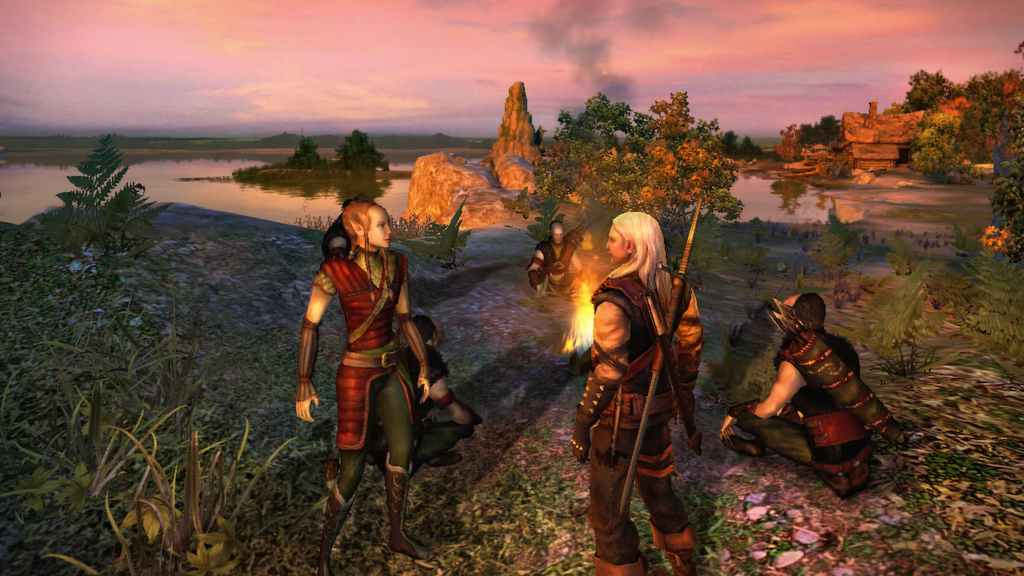
When CD Projekt Red launched The Witcher in 2007, it was an ambitious first attempt at bringing Andrzej Sapkowski’s dark fantasy world to life. But problems arose due to the modified engine used, a version of BioWare’s Aurora Engine. This same tech powered Neverwinter Nights, and by the time The Witcher arrived, it was already showing its age. Clunky animations, awkward camera angles, and stiff combat made the game a tough sell, especially for those wanting to revisit the game after experiencing The Witcher 3: Wild Hunt.
Combat remains one of its most divisive aspects. Instead of fluid, real-time swordplay, one expects from Geralt, the game relies on rhythmic mouse click sequences. While this has its charm, it wasn’t very fun back then, and it certainly shows its age today. Further problems are the cumbersome inventory management, long load times, and archaic user interface.
But the reason that makes The Witcher worth replaying is the story. It is one of the most morally complex and narratively ambitious RPGs of its era. Gray morality, branching decisions, and a protagonist who isn’t a blank slate but a fully realized character make this element shine. The writing, even by today’s standards, is phenomenal. Characters are flawed and human, the world feels lived-in, and the dialogue choices have real consequences. It’s easy to see how this game led to The Witcher 3, and it should be replayed today. Once the remake comes out, CD Projekt RED will have given it the true redemption arc it deserves.
2) Planescape: Torment
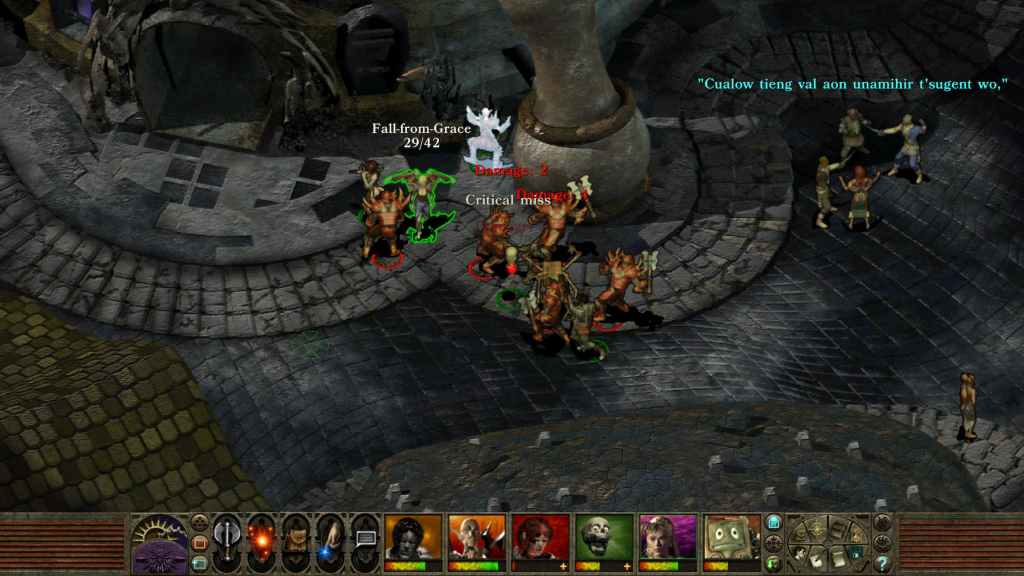
There are few RPGs as revered as Planescape: Torment. Released in 1999, this cult classic showed an often overlooked setting in Dungeons & Dragons. It remains one of Black Isle Studios’ most ambitious narrative experiences. Its setting, tone, and philosophical depth are still unmatched. Unfortunately, time hasn’t been entirely kind to it. Planescape: Torment is built on the Infinity Engine, the same one used by Baldur’s Gate in 1998, and feels ancient as a result.
It features stiff 2D sprites, dated UI, and a clunky combat system. Movement suffers from a similar issue, especially because of the unreliable pathfinding, and the interface feels like navigating a spreadsheet. The Enhanced Edition by Beamdog in 2017 fixes some of these issues, but the game still feels its age. But for those players who can look past the archaic visuals and gameplay, a true narrative treat awaits them.
Despite these shortcomings, Planescape: Torment remains one of the most profound games ever made. The writing in Planescape: Torment is its crown jewel. It reads more like classic literature than typical game dialogue. Entire philosophical debates unfold in dialogue trees. Every character, from the cynical succubus Fall-From-Grace to the floating skull Morte, is richly developed. You play as The Nameless One, an immortal being who has lived countless lives but remembers none of them. The central question of the game, “What can change the nature of a man?” still resonates as deeply today as it did over two decades ago.
1) The Legend of Zelda: Ocarina of Time
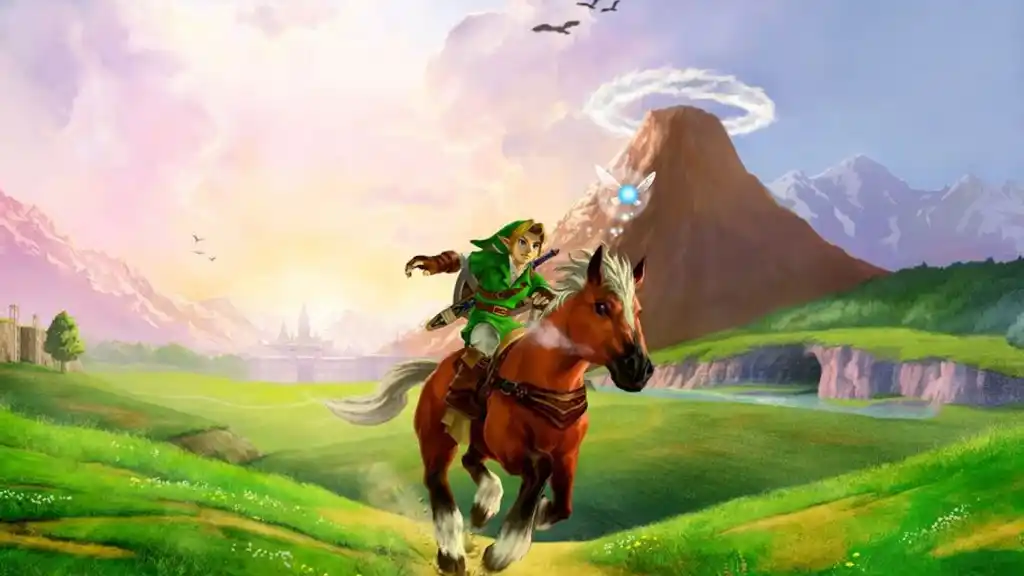
Perhaps a controversial opinion, but The Legend of Zelda: Ocarina of Time has not held up well. Despite the game’s landmark success, it feels old and does not play as gracefully as it once did. It may have set the standard for 3D game design and action-adventure titles, but its glory days are gone. If you pick it up today, you’ll immediately feel how far gaming has evolved since then.
The controls are clunky by modern standards. The camera requires constant babysitting, combat feels simplistic, and the once-revolutionary targeting system now feels cumbersome. Movement has a stiffness to it that makes precision difficult, and the low-poly visuals, while iconic, can be jarring to modern eyes used to Breath of the Wild’s fluid elegance. Even playing for a few minutes shows the limitations of the Nintendo 64.
And yet, Ocarina of Time is still one of the greatest games ever made. It is the result of Nintendo inventing the language of 3D adventure games from scratch. Every mechanic that feels dated today was groundbreaking then. It’s hard to overstate how influential this game was, not just for Zelda, but for the entire industry. For players who grew up with it, Ocarina of Time is a masterclass, and everyone should play it even if it doesn’t hold up to today’s standards.
What do you think? Leave a comment below and join the conversation now in the ComicBook Forum!

